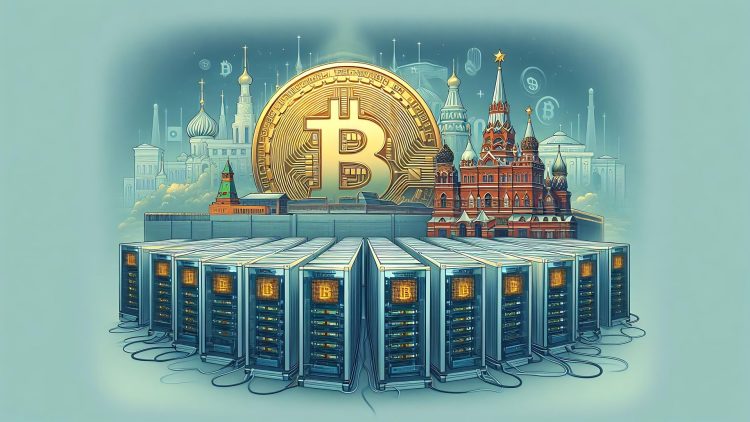The Kremlin has taken a surprising step into the world of digital currencies. President Vladimir Putin recently approved legislation that will make Bitcoin mining legal in Russia starting November 2024. This move comes as the country looks for new ways to conduct international trade after facing U.S. sanctions.
Under the new law, approved mining companies can register through an official database to mine cryptocurrencies. Even small-scale miners can get in on the action without formal registration, as long as they stay below certain power usage limits.
🇷🇺Russia seems to be acting to keep up with the US. Nation-level #Bitcoin FOMO is heating up.
Their entry will boost the hashrate, strengthen network fundamentals, and diversify miner politics.
🇨🇳Chinese mining pools control 57% of the BTC hash rate, while the 🇺🇸US has 35%. https://t.co/n0pZNNvb0d pic.twitter.com/F1UATlCqo9
— Ki Young Ju (@ki_young_ju) August 8, 2024
Finding alternatives to the dollar
Russian authorities will share the job of overseeing this new legal sector. The Central Bank of Russia, the Ministry of Finance, and select government ministers will work together to create more detailed rules in the coming months. The bill also puts an end to widespread crypto advertising within Russia.
Russia’s adoption of crypto mining is part of a broader effort to reduce its dependence on the US dollar for global trade. This effort has gained momentum since Russia was excluded from the SWIFT banking system due to international sanctions.
The move is also in line with similar efforts by the BRICS countries (Brazil, Russia, India, China, and South Africa). This group of major emerging economies is exploring ways to reduce their dependence on the dollar for international trade.
Among the BRICS+, Brazil, India, South Africa, and KSA equity markets are outperforming the S&P 500 year to date in dollar terms.
China and Russia are underperforming. via @ycharts pic.twitter.com/bwnJHI0FUb
— Lyn Alden (@LynAldenContact) October 21, 2022
BRICS and digital currency dreams
The idea of a common BRICS digital currency was first floated at the 2019 summit. While the concept has attracted a lot of attention, making it a reality has not been easy. The leading BRICS countries do not always agree on how such a unified currency would work.
Russia has recently been particularly warm to the idea. In 2023, a senior Russian official claimed that key BRICS members were working to develop a new currency for international trade. Shortly after, Russian financial officials announced plans to use digital assets for cross-border payments.
Some experts are skeptical about whether the BRICS currency can truly challenge the dollar’s dominance. Economist Lyn Alden points to a classic problem with currencies backed by gold: They often issue far more paper money than they have actual gold to back it. This can cause the currency to depreciate over time and eventually collapse.
As Russia takes this bold step into crypto mining, the world will be watching how it will affect both the country’s economy and the broader landscape of international finance.
Featured image credit: Furkan Demirkaya





